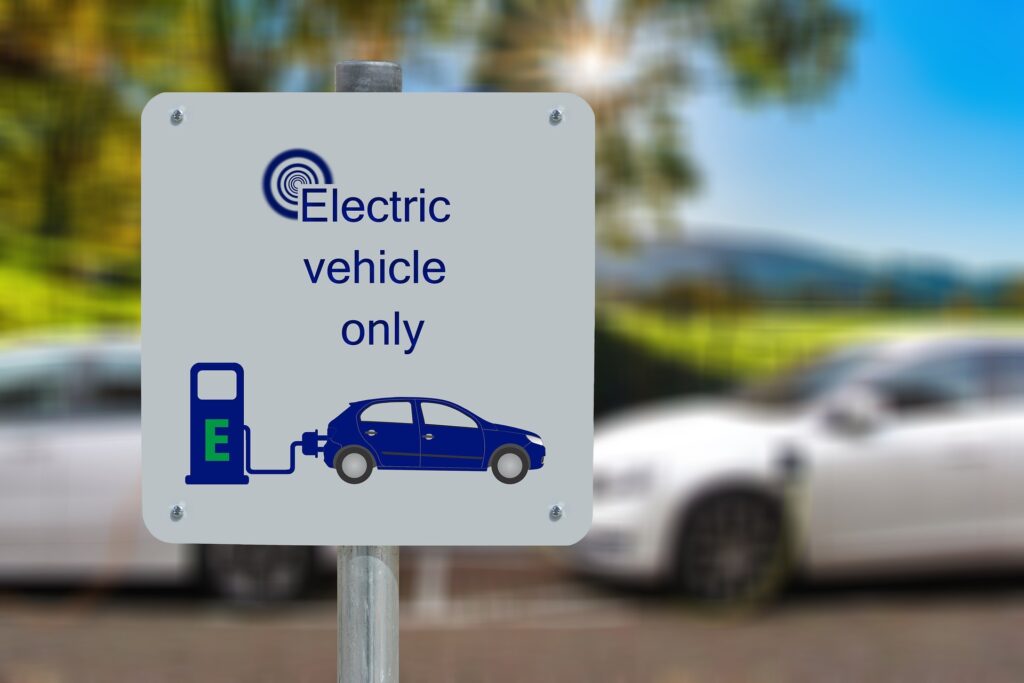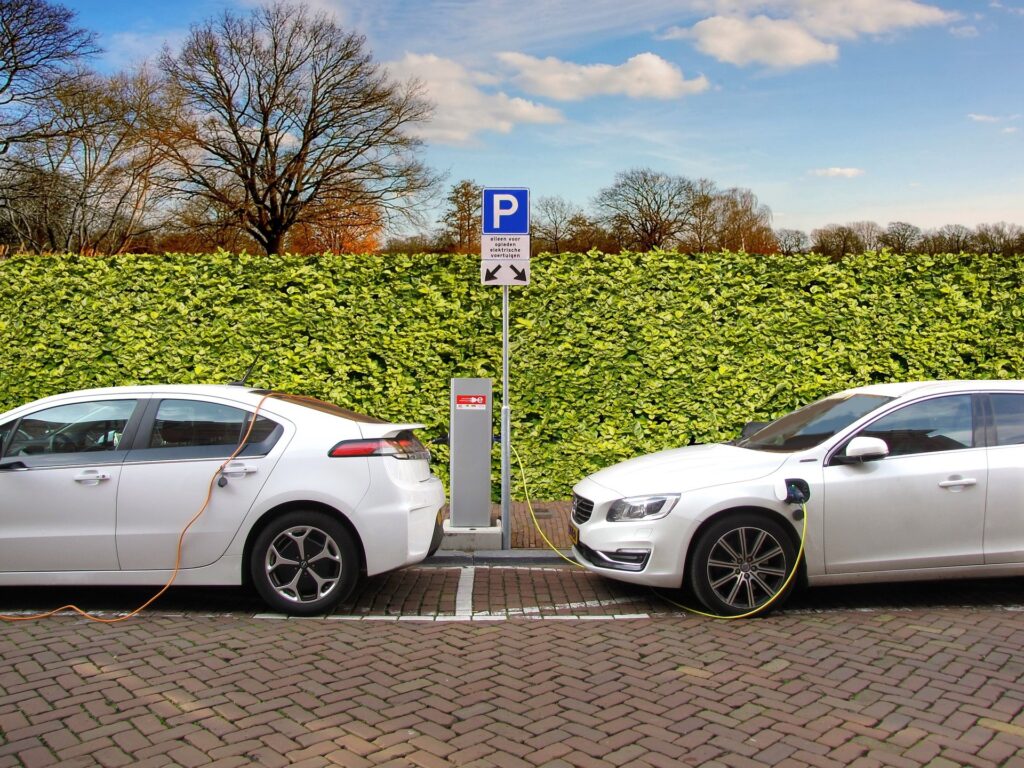The More You Know, the Better Your Choice
Buying a car involves a lot of research with all information being widely available on the internet. With new cars emerging each day, people get even more perplexed about the features that they consider most important.
Many factors come into play while deciding on a new car. Earlier, the most common among them were the color of the vehicle, interior features, a modern exterior, and horsepower. However, as people become more conscious of their choices, fuel efficiency factors have gained even more importance.

Fuel economy is now deemed one of the top aspects of buying a car, given that gas has become a significant expense, leaving behind such spur of the moment purchases based on superficial aspects of a vehicle. Although highly fuel-efficient vehicles are more expensive than their lesser counterparts, people are still willing to pay that extra amount because of its benefits. Having a fuel-efficient car is not only suitable for the car owner, but also everyone around them.
Apart from the obvious environmental benefits, there are a few other indisputable advantages to owning a fuel efficient car today. Let’s look at some of the top reasons to make a new fuel-efficient car your first choice.
1. Save a Considerable Sum of Money
Driving a fuel-efficient car reduces the management costs one might have to pay throughout their car’s life span. There are several savings connected with fuel efficiency, and they together tally up to a significant sum of money. When a car is fuel-efficient, it goes much further per gallon of gas or diesel, thus fuel costs are cut down every time the owner drives the car.
Diesel engines are much more economical and are known to cover more than 80 miles on a gallon of fuel. Other than the benefit of saving money, it will also save the repetitive task of filling up the tank too often. This leaves the driver more time to enjoy the performance of a fuel-efficient car from behind the wheel than the chilly open space of a fuel station.
Another factor that can play a significant role is the luggage weight. Having more excess weight in the car can also negatively affect fuel efficiency.
While one chooses to buy a fuel efficient car, there are a few characteristics that need to be considered. These may be:
- Automatic transmission vehicles with better mileage
- Hybrid or electric engine vehicles with fuel-efficient configuration
- Vehicle size, as more oversized vehicles tend to offer lesser mileage
- Tires with low rolling resistance
2. Beneficial for the Planet
Amid a growing consciousness of the environment and the impacts of fuel consumption, people have become more aware and responsible. They now prefer to choose a more natural environment and a fuel-friendly vehicle that would be good for the planet. This is mainly because of the reduced greenhouse gas emissions from the reduced use of high fuel consumption cars. All gas and diesel powered cars generate greenhouse gas emissions.
We all know how carbon dioxide contributes to climate change; a fuel-efficient vehicle may well be the ultimate decider between a healthy or dying climate. Additionally, choosing a fuel-efficient car could also be the best option for reducing criteria air pollutants (like particular matter and oxides and nitrogen).
3. Increased Energy Sustainability
More fuel-efficient cars will automatically lead to reduced foreign oil dependence. According to Energy Information Agency reports, the average U.S. consumer in 2014 spent $2,512 a year on fuel, with a sizeable percentage of that going for foreign oil, primarily from the Middle East. By bringing down our use of petroleum, we can check on foreign oil procurement and save enormous amounts for ourselves and our country in due course.

Apart from the aforementioned monetary gain, as oil is a non-renewable source, we are running out of it much faster than we realize. To achieve enhanced fuel efficiency and fewer environmental risks and give our scientists more time to find renewable alternatives, we need to cut down on oil purchases. Nowadays, hybrids and electric cars are new valuable alternatives. Although more expensive initially, they are still going to help us save in the future.
What Makes a Car Fuel-efficient?
The fuel efficiency capability of a vehicle depends on several factors. Many of these factors depend on the type of vehicle and the body style–smaller and lighter vehicles use less energy than the larger and heavier vehicles. In the present, several advanced technologies make a vehicle fuel-efficient. Some of these include smaller turbocharged engines and hybrid/plug-in electric cars.
Other techniques that make a car fuel-efficient are making the car lighter with high-strength steel and making the tiniest bits of change to the body of the vehicle to reduce aerodynamic drag. Multi-speed transmission shifts to eight to nine and 10-speed automatics in vehicles are other ways to make a car more fuel-efficient.
Conclusion
Now that we know the benefits of owning a fuel-efficient car, it can be easier to choose one while deciding to buy one the next time. Make sure to consider all the essential features and enjoy your new ride.
Related Stories You Might Enjoy–Some Fuel Efficient Choices
Road Test: 2021 Nissan Rogue SL
Road Test: 2021 Ford F-150 Hybrid
Road Test: 2021 BMW 330e Plug-in Hybrid
Flash Drive: 2021 Ford Mustang Mach-E EV

5 thoughts on “Opinion: 3 Reasons to Choose a Fuel-Efficient Car”